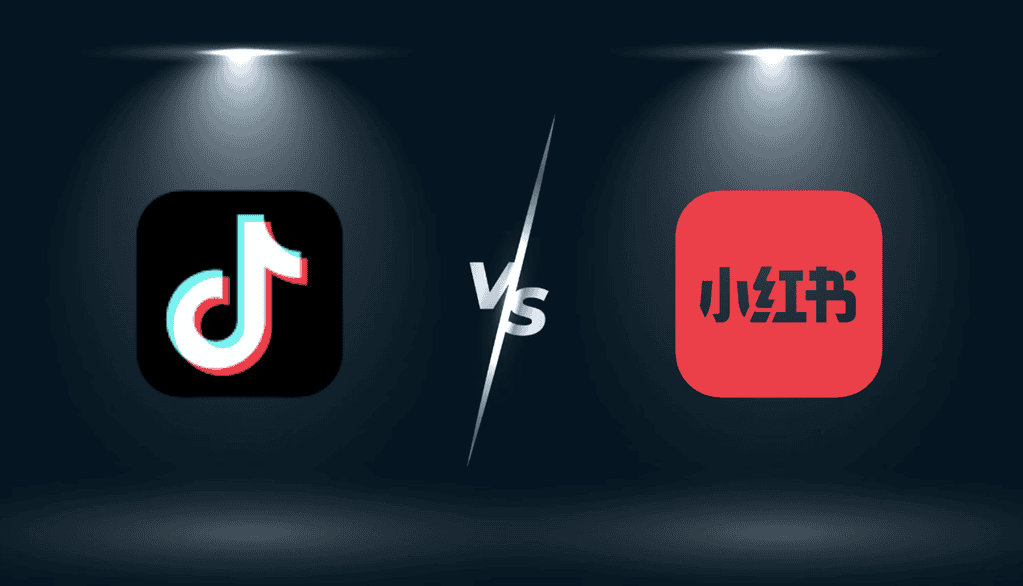The Chinese social media app RedNote has exploded in popularity over the past week, all thanks to the Supreme Court’s decision to ban TikTok over national security concerns. While President Trump has signed an order to postpone the ban temporarily, the app still isn’t available for download, which has made RedNote the top app on Apple’s App Store.
Although the new social media app looks and feels similar to TikTok, with many adapting quickly to the UI, there are multiple risks associated with using a China-based app. In this article, we will dive through what data RedNote collects and how it differs from TikTok.
What is RedNote?

Interestingly, RedNote isn’t the app’s real name. Launched in 2013, Xiaohongshu, translated to The Little Red Book—a subtle communist reference, started as an Instagram-inspired shopping platform. Like Yelp, it offers people places to eat, travel tips, and a vertical video feed.
According to Reuters, the app was a runaway success in China, with over 450 million people using it for skincare, restaurant, and travel tips. However, despite its domestic popularity, the platform soon became a problem for the Taiwanese government, which banned its employees from installing it on official devices in December 2022, citing data security concerns.
What Data Does Rednote Collect?
Considering TikTok’s ban resulted from violating data privacy concerns, it seems ironic that Americans are flocking to an app exclusively based in China.
According to RedNote’s policies, it collects your IP address, browsing activity, location, and device details. While these metrics seem standard compared to Meta’s, the main issue is that we know little to nothing about RedNote’s practices, like how it manages data, what third parties can access its information, and whether it uses strong encryption or not.
Further, RedNote is subject to Chinese data laws, which require companies to share any information if requested. This can be a huge national security risk, especially after the country’s increased efforts to harbor state-sponsored hackers who can leverage this information.
This is why security experts like Adrianus Warmenhoven from NordVPN are worried that “the rush to replace TikTok could leave users facing bigger privacy risks than they realize.”
Lastly, there are also censorship concerns, as the platform has already begun taking down content from TikTok refugees that was too sensitive for the app, such as posts supporting the LGBTQ+ movement and videos discussing the Tiananmen Square massacre.
How Does It Compare to TikTok?

TikTok also collects a lot of data, including GPS location, IP addresses, device identifiers, search histories, and even in-app interactions. However, following a mandate by the U.S. government, TikTok stores its data on Oracle servers in the United States or Singapore. This ensures some level of data protection as only U.S.-based employees can access user information.
That said, multiple reports of ByteDance employees accessing American user data have disputed these claims. Plus, if required, TikTok still needs to assist the Chinese government in intelligence operations.
“We may share all of the information we collect with a parent, subsidiary, or other affiliate of our corporate group,” says TikTok’s privacy policy.
Does RedNote Collect More Data?
As with most things, the answer to whether RedNote collects more data isn’t black or white. The problem is the lack of information regarding the platform’s data privacy policy and its plans to store/process all this data. For an app that some are considering TikTok’s successor, there are several issues. And until they are resolved, we advise against installing the app if you care about privacy.

How dumb are Americans?
Just stop with your selfish concerns over what the real world really is.
Use your brain.